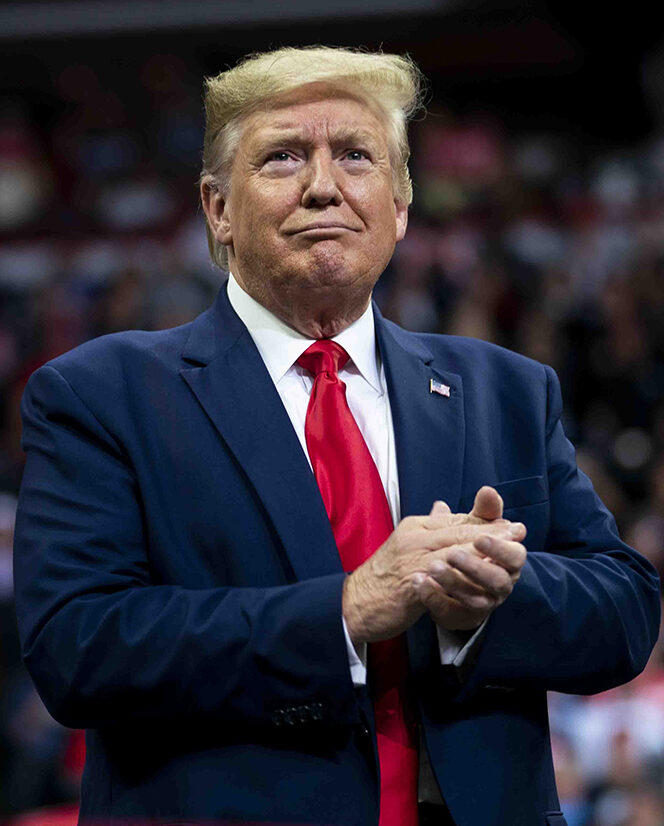U.S. President Donald Trump is considering a 100% tariff on films made outside the U.S., a move that has alarmed the global movie industry.
Speaking on his platform Truth Social, Trump claimed the American film industry is “dying a very fast death.” He directed the Commerce Department to explore imposing the tariff, stating, “We want movies made in America again!”
However, at the White House on Monday, he softened his stance slightly. Trump said he plans to meet with Hollywood executives to ensure they’re “happy” with the proposal.
Unclear Policy Details Spark Confusion
Trump’s announcement left many questions unanswered. It’s still unclear whether the tariff would apply to U.S. studios producing films abroad or how it would impact streaming platforms like Netflix.
U.S. Commerce Secretary Howard Lutnick confirmed the administration is “on it.” White House spokesman Kush Desai added that all options are being explored to “Make Hollywood Great Again.”
Several big-budget films by U.S. studios, such as Deadpool & Wolverine, Wicked, and Gladiator II, were recently shot outside the U.S. Industry experts question how “U.S. film” will be defined. Will it depend on financing, filming location, or talent?

Timothy Richards, founder of cinema chain Vue, told BBC Radio 4, “The devil will be in the details.” He noted that soaring costs in California have pushed production abroad. Countries like the UK and Canada offer tax breaks and highly skilled film crews.
Global Reactions: UK, Australia, New Zealand Respond
UK media union Bectu warned the proposed tariffs could deliver a “knock-out blow” to its freelance-heavy industry. Union leader Philippa Childs urged the UK government to act swiftly in defense of the sector.
The UK government responded, pledging support for its film industry in the upcoming Creative Industries Sector Plan. Talks with the U.S. on a broader economic deal are ongoing.
The British Film Institute said it was working with both U.S. and UK partners to understand the full impact of the proposal. “We want to keep collaboration at the heart of our sectors,” it said.
Australia’s Home Affairs Minister Tony Burke promised to defend his country’s film industry. Industry group Screen Producers Australia warned of worldwide shockwaves. New Zealand’s Prime Minister, Christopher Luxon, also expressed concern, awaiting more clarity from Washington.
Hollywood and Industry Groups Remain Silent
The Motion Picture Association, representing major U.S. studios, declined to comment. Film critic Eric Deggans warned the tariffs could backfire, possibly triggering retaliatory tariffs and shrinking overseas profits.
Meanwhile, U.S. film production spending fell 26% in 2023 to $14.54 billion, according to ProdPro. Despite this, the country remains a key production hub. Other nations—such as Australia, Canada, and New Zealand, have seen increased film spending during the same period.
Trump’s Broader Tariff Strategy Continues
This latest proposal follows Trump’s wider use of tariffs during his presidency. He argues they protect U.S. industries and jobs. Critics, however, say the strategy has disrupted the global economy and driven up consumer prices.
Earlier this year, China reduced the number of American films allowed in its theaters. The China Film Administration blamed the U.S. government’s “abuse of tariffs,” saying it would hurt American cultural exports.
Trump had previously appointed actors Jon Voight, Mel Gibson, and Sylvester Stallone as Hollywood envoys, promising to bring the industry “back, bigger, better, and stronger.” Whether this latest tariff push helps or harms that mission remains to be seen.









